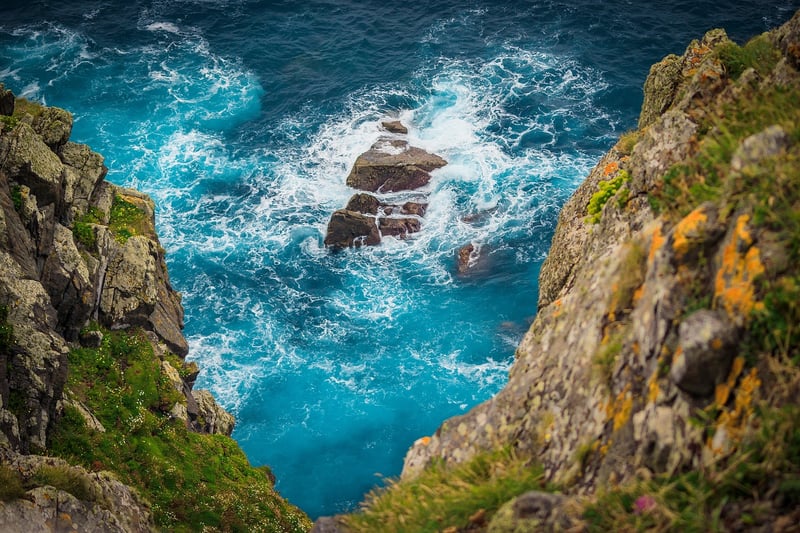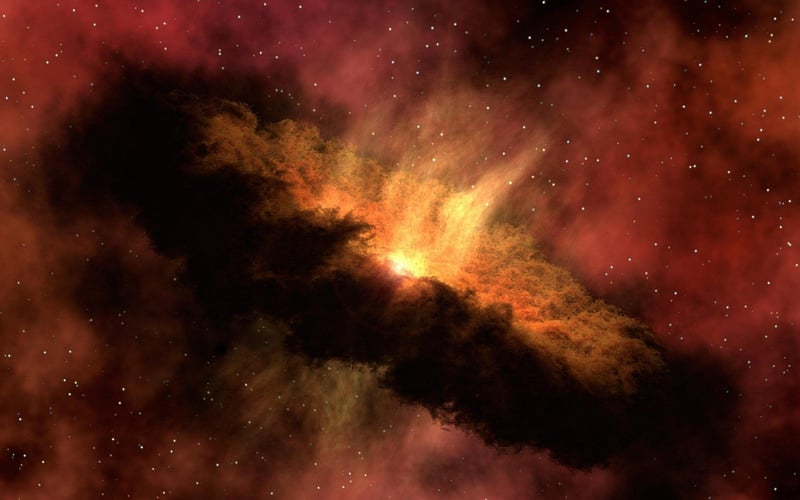Future Exploration
The Evolution of Exploration: From Ancient Times to the Future
Ancient Explorers: Venturing into the Unknown
In ancient times, exploration was driven by curiosity and the desire to discover new lands. From the Phoenicians navigating the Mediterranean to the Vikings reaching North America, ancient explorers paved the way for future generations.
Age of Discovery: Uncovering New Worlds
The Age of Discovery saw European explorers like Columbus, Magellan, and Vasco da Gama sail across oceans, mapping new territories and establishing trade routes. This era marked a significant expansion of global knowledge and interconnectedness.
Colonial Exploration: Expanding Empires
Colonial powers like Britain, Spain, and Portugal engaged in exploration to expand their empires, leading to the discovery of the Americas, Africa, and Asia. This period shaped the modern world through cultural exchange and exploitation.
Modern Exploration: Reaching New Frontiers
Advancements in technology, such as space travel and deep-sea exploration, have enabled humans to venture into uncharted territories. From the depths of the ocean to the vastness of space, modern explorers continue to push the boundaries of knowledge and discovery.
Future of Exploration: Towards the Unknown
The future of exploration holds exciting possibilities, from manned missions to Mars to the exploration of the deep sea. With advancements in AI, robotics, and sustainable technologies, humans are poised to unlock the mysteries of the universe and Earth's unexplored realms.
Key Points:
- Ancient explorers laid the foundation for future exploration.
- The Age of Discovery marked a period of significant global expansion.
- Colonial exploration shaped the modern world through trade and conquest.
- Modern technology has enabled exploration of new frontiers on Earth and beyond.
- The future of exploration involves missions to Mars, deep-sea exploration, and cutting-edge technologies.
Exciting Images of Exploration:


Explore Further:
For more information on exploration throughout history and into the future, visit National Geographic's Exploration Page.
